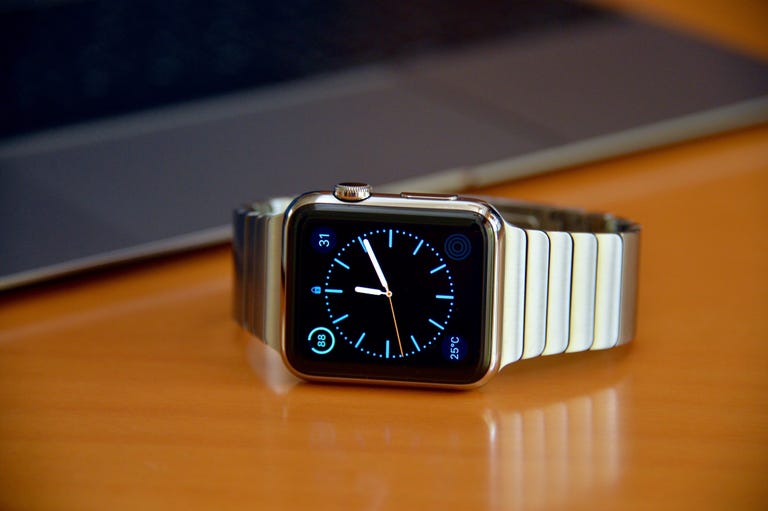Apple Reportedly Has a Secret Screen Factory The tech giant has been content buying components from its competitors until now.

An iPhone or an Apple Watch is undoubtedly made
by Apple, but of course that doesn't mean that all its components were.
For years, Apple has relied on its competitor Samsung for various chips,
as well as the OLED screens for the iPhone 8 and iPhone X. As a result,
Samsung may pull in more profit on the ludicrously expensive handset than Apple will. But according to new reports, Apple doesn't intend to keep things that way, and has a "secret" factory where it's working on building its own screens.
Bloomberg reports
that Apple is testing out screen manufacture in a California factory
close to its headquarters, and that instead of simply replicating the
OLED technology used in the screens it bought from Samsung, it's testing
out newer "MircoLED" tech. Compared to more traditional LCD screens
which create their images by shining a white backlight through a colored
filter, OLED displays have pixels that light up individually. As a
result, they can offer richer colors, but also energy savings and inky
blacks because where an LCD screen creates blackness imperfectly by
blocking out the white backlight, an OLED screen can simply opt not to
turn those pixels on for an absolute black.
MicroLED—which made a splash at this year's CES where Samsung unveiled a giant, modular MircoLED TV—is a further improvement on the tech. Instead of a color filter with an organic makeup (the 'O' in OLED), MicroLED has an inorganic color filter made of gallium nitrade,
which should give MircoLEDs a longer life, and immunity to problems
like burn-in. It's a somewhat minor step forward, but one you'd want to
take if you were just getting into the screen-building business now.
According to Bloomberg, Apple is focusing on Apple Watches for the moment,
and making prototype MicroLED displays that could replace the LG-made
OLED screens the Apple Watch currently sports. Starting small is
probably a wise idea considering that Apple's previous entry into
screen-making was an unmitigated disaster.
Should
Apple's new screen factory experiment turn out to be a success, you
likely won't notice the difference in the end product. But the move
could be an early step into shifting the shape of the supply chains that
dictate everything behind the scenes, which naturally affects what gets
made, how many, and how much they sell for.
Source: Bloomberg
Comments
Post a Comment